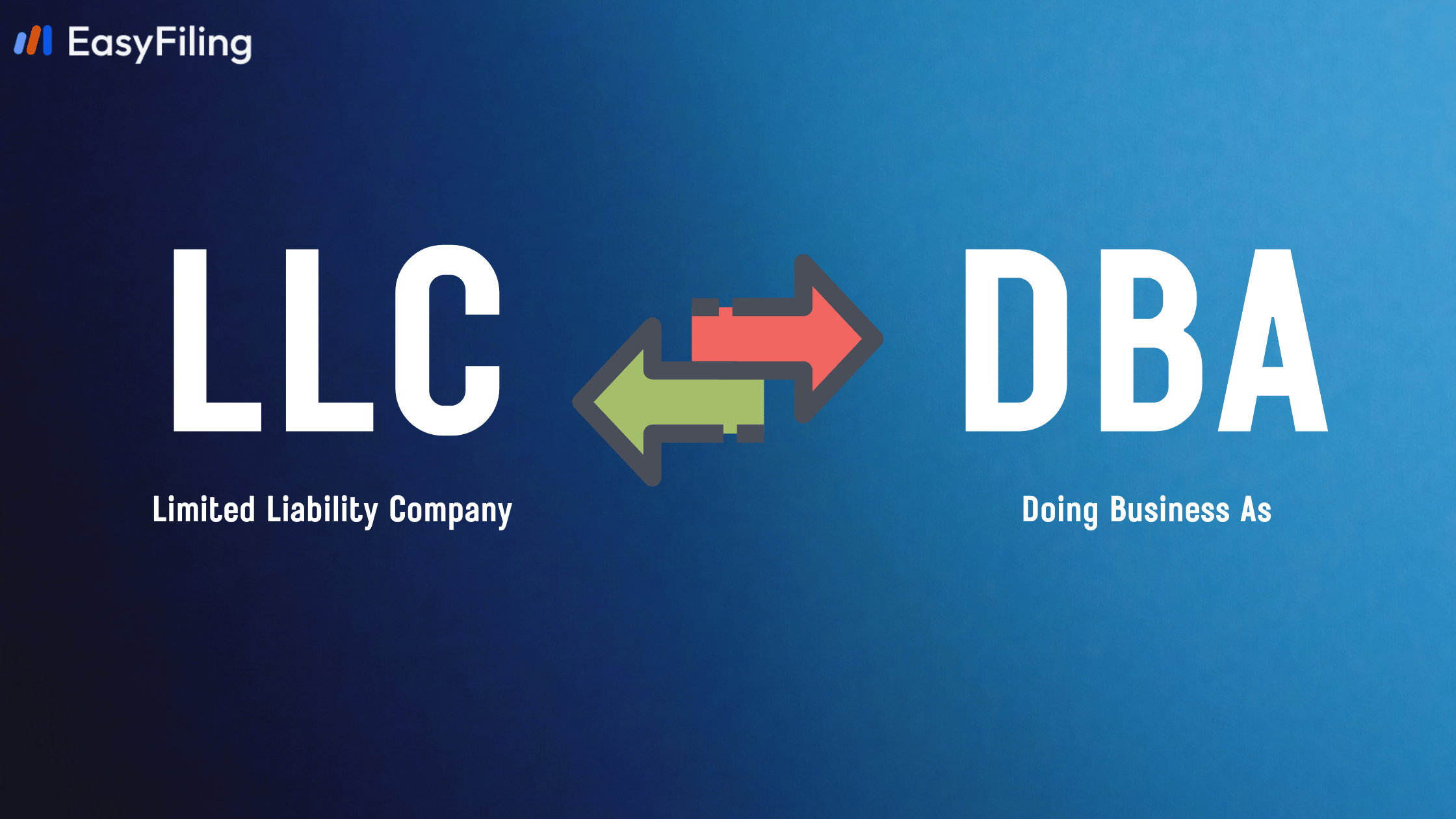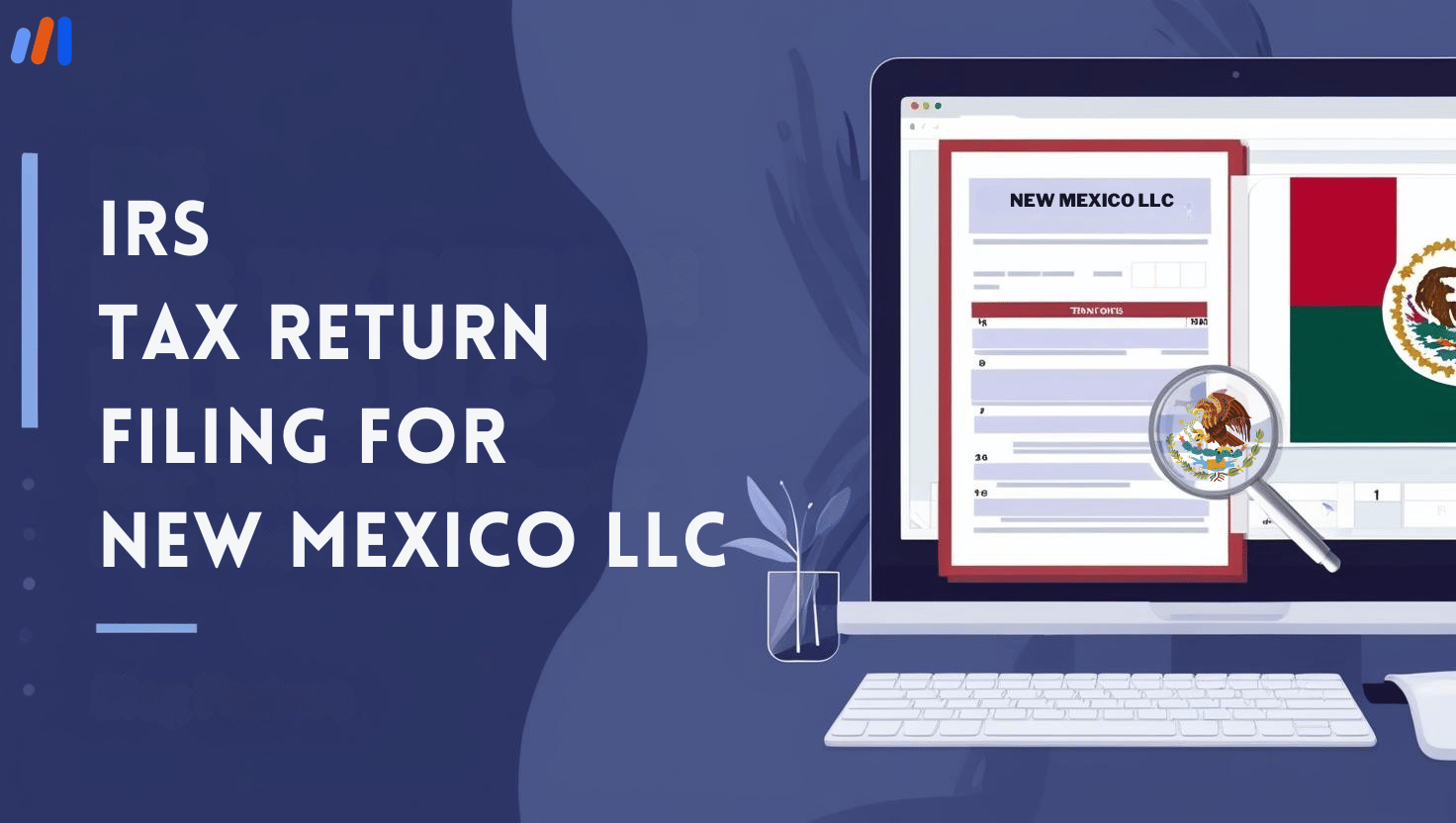When you want to establish a business, deciding on the structure to use is the most important part. Among the clients’ frequent questions, common terms LLC and DBA are most likely to be heard.
Both terms do refer to a business name, but their implications about legal undertaking, tax, and organization are completely different. It is crucial to have this kind of knowledge to conduct business rationally.
In this article, you will know everything regarding the difference between an LLC and DBA for a business.
Why Understanding the Difference Matters
Long-term effects of the legal structure of a business include your taxes, liability as well as the ability to have funds. Even though LLC gives liability cover and is a formal business structure, DBA is not any worth a business structure, other than a name under which a business operates.
Between these two, the decision can only be made concerning what type of business a person intends to carry out, for what purpose, and how much risk is acceptable to you.
What is an LLC?
An LLC (Limited Liability Company) is a business structure that is formed to offer the member some combination of the flexibility of a partnership and the liability protection of a corporation. It is considered an entity distinct from its owners, called members, thus it can lease contracts, possess properties, and owe debts in its name.
Key Features and Characteristics:
Legal Entity: The LLC is an autonomous legal person, according to state law with limited owners’ liability. Owners have no personal liability for the company’s debts or legal obligations.
Ownership Flexibility: A single or more members can constitute an LLC. The members can be individuals or corporations or other LLCs and the ownership can take many forms.
Operating Agreement: This is the internal document that is very useful although it is not a requirement in all states. The operating agreement explains the structure of an LLC, the role of each member, and how profits and losses are allocated.
Perpetual Existence: One of the benefits of the LLC as a formation is that it has continuity beyond its members which is favorable to the long-term operation of a business.
Benefits of Forming an LLC
Limited Liability Protection: This is the most important characteristic of an LLC. It demonstrates the level of personal liability protection offered by an LLC. This protective feature praises members’ assets like houses and savings from creditors in case business debts or lawsuits are faced by the business.
Tax Flexibility: An LLC is a default Pass-through entity in which members report profits and losses on their tax returns. Nevertheless, to be certain circumstances, LLCs may also choose to be taxed as either an S-Corporation or a C-Corporation.
Credibility and Trust: Through the usage of an LLC structure in business, the company enhances its credibility among customers, suppliers, and the investing public. Hence, compared to operating as a sole proprietor or a partnership, this is considered more professional.
Ownership Structure Flexibility: Many types of ownership and management structures may be utilized in LLCs, which makes it flexible to be used in many varieties of businesses.
What is a DBA?
A DBA, also known as “doing business as”, a trading name or fictitious business name, is simply a business name that is used by a business that is not the legal name of the business entity. For example, a sole proprietor by the name of “John Smith” may run a coffee shop under the name of “Smith’s Coffee House” and will have to apply for a DBA.
Purpose of a DBA:
The main aim of a DBA is to make it possible for the company to engage in business under a name other than that of its legal entity. This is especially beneficial for advertising strategies. For example, setting up a store or offering services sometimes requires the owners to think outside the box concerning their business name and a DBA is one option to go to remodel the name without necessarily restructuring the business.
Common Scenarios Where DBAs Are Used:
- To use a brand name for your business that is different from their name a sole proprietor might file for a DBA.
- A partnership or an LLC will have to file for a DBA if they would like to launch a completely new product line or service with a different name.
- Franchising firms usually apply DBAs to be able to operate under the name of the franchise in the meantime being a separate legal entity.
- Multiple business units: A single LLC can also have several DBAs because the LLC can use one for its consulting business and another one for its retail business.
Differences between LLC and DBA
Legal Protection:
LLC: The most crucial distinction between LLC and DBA is protection against liability: LLCs provide limited liability, which implies that a business owner (a member) is generally not liable for business debts, legal claims, and lawsuits.
DBA: A DBA is standard as it affords no personal liability. It creates no distinct legal business identity thus any business debts or suits claims on the legal owner personally.
Business Structure:
LLC: An LLC is a self-contained legal entity established when articles of formation are submitted to the state. It has its legal existence distinct and separate from its owners. It may conduct business, enter into contracts, and acquire debts.
DBA: A DBA is not an entity; it’s just a name. It does not entail the submission of formation articles and it does not change the structure of the company in any legal way. If you conduct business under a DBA, you are still doing so as a sole proprietor, in a partnership, or an LLC.
Tax Implications:
LLC: An LLC may exercise its choice of tax status. LLCs fall under default classification as a “pass-through” business entity which means the owners declare their dividends on their tax returns. However, an LLC has the option of being taxed as an S-corp or C-corp, which may prove helpful in saving taxes, depending on the specific circumstances.
DBA: A DBA has no impact on the taxation of your business. It is not anything other than a name for your business and the appropriate taxation is on their structure (i.e., sole proprietor, partnership, or LLC).
Cost of Formation and Maintenance:
LLC: The beginning and running of an LLC could be generally more costly. You will file Articles of Organization with the state which attracts formation fees. You might also have to file annual reports and be required to pay state taxes or other maintenance fees.
DBA: Registering a DBA can be rather less expensive. Although the expenses of registering a DBA may differ, they are generally lower than the expenses incurred when establishing an LLC. On the other hand, DBAs do have to be renewed after a certain period depending on the location.
Ownership and Naming Structure:
LLC: An LLC may have various owners (called members), and these owners have the liberty of determining how profits, duties, and debts will be distributed. An LLC can also use multiple DBAs, which means that the company can have several marketing names for its products or services.
DBA: A DBA is nothing more than a business name. It does not indicate who owns or how a business conducts itself. It is simply a method of naming businesses for marketing and any legal structure (sole proprietorship, LLC, etc.) can make use of it.
When to Choose an LLC
For Liability Protection:
Where a person’s business activities may expose him to legal suits, or where the personal resources or properties of the owner (including house, car, or savings) need to be secured, in such cases an LLC is quite beneficial in providing limited liability protection.
For Future Growth:
For businesses that expect their operations to expand, hire employees, or desire to gain investors. As the business grows, the existence of an LLC structure allows more tolerance in the organization of the business and the controlling portion.
Tax benefits:
The LLCs are flexible with taxation to a certain extent. If you anticipate substantial income or have a more complicated financial structure, it makes sense to consider S-corp or C-corp status. This can be beneficial in decreasing the tax amounts and maximizing profits.
When to Choose a DBA
For Sole Proprietors or Partnerships:
In case you are a sole proprietor or a partner who simply needs a business name, registering a DBA is a suitable and inexpensive step. This level of professionalism can be achieved without incorporating the company.
To Operate Under a Different Business Name:
If a company wants to create a brand or a product range independent of the legal name of the company, there’s a cost-effective easy way of doing this, which is to file for a DBA.
Low-Cost Alternative for Branding:
If you are in the initial stages of your business and are looking to create something just for marketing, then a DBA would be ideal as it involves minimal requirements and no cost associated with starting afloat as an LLC.
Can You Have Both an LLC and a DBA?
How an LLC Can File for a DBA:
Of course, no law prohibits you from filing a DBA under your LLC. As always, there are exceptions to every rule. For instance, many companies with LLC businesses tend to file several DBAs to operate under several names for various products, services, or geographical regions. For example, one LLC could be called “XYZ Consulting LLC” and at the same time, it could own a DBA called “XYZ Video Promotion.”
Scenarios Where This Combination Makes Sense:
- If you would like to use another name to brand your LLC business entity.
- If several types of businesses or services are separated under a single LLC a different name would be used for each.
Conclusion
Determining the Most Appropriate Course of Action:
Different considerations determine whether you should form an LLC or register a DBA and this includes the structure of your business. An LLC business entity protects more than a DBA does, the latter entity attaches itself more to compliance while an LLC is more protective in terms of taxes. Other business owners choose both an LLC and a DBA, whichever suits their situation the best.
Seeing the Bigger Picture When Selecting an LLC or DBA:
When deciding whether to establish an LLC or DBA, your business’s plans, risks, and tax concerns should always be emphasized. It is also advisable to seek professional assistance from a tax expert or a business consultant.
Book a free consultation today with Easyfiling to form either an LLC or DBA for your business.
File Your LLC Today
25$ off with a coupon
Lock in EasyFiling's transparent rates and get lifetime compliance support at no extra cost.
Get Started Now







